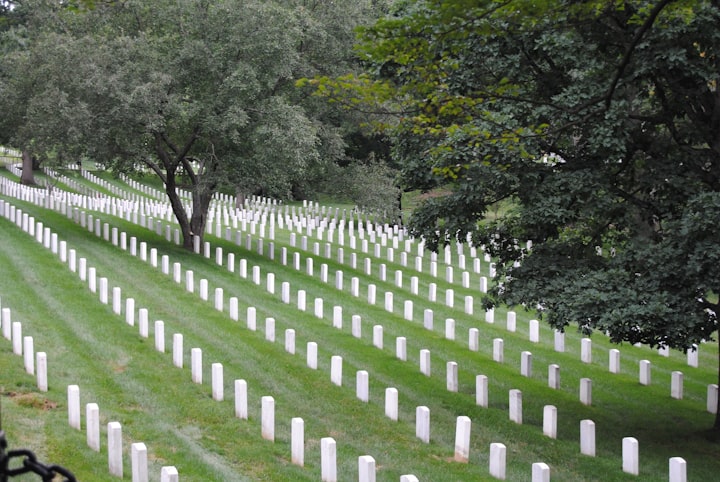A Celebration of Pat Carr
Remembering a Literary Luminary

I mourn Pat Carr as a person and as a writer.
Pat Carr was my mother’s friend—always kind, patient, and supportive, a rock for Mom through a number of rough patches—a lawsuit for equal pay for equal work, which made Mom a lightning rod for negativity at the place she worked and, later, as a calm, supportive voice as my mother suffered through radiation therapy and, later, the cancer caused by the therapy. Pat was a stalwart—always present, always kind—Mom knew Pat was there, and was someone she could turn to when she needed.
Pat was also the mother of Shelley, a friend from youth whom I’ve been fortunate to know into middle age. Interestingly, although I knew Shelley from the neighborhood and from the school and Pat from Mom’s work, I never really knew her as Shelley’s Mom in the way I knew other friends’ parents. She was just Pat.
After I’d grown up and gone away to the Navy, mom sent me a newspaper article, letting me know that Pat and her husband Duane were leaving El Paso. They’d bought a farm and had saved up some money where they could live, carefully, off of savings so they could write full time. Mom was kind of wistful about it; I think some part of her wished she could fully commit to something the way Pat had.
Although I knew I wanted to “be a writer” from an early age, I struggled. Most of what I read were science fiction and fantasy, but I was intimidated at the thought of creating a whole new world for my characters to inhabit. I tried poetry, but was embarrassed by my efforts. I kept a journal when I was in the Navy, recording my thoughts about the places I went—the Panama Canal and Hawaii, but I never did anything with them.
I tried my hand at short stories and submitted them to Fantasy and Science Fiction; although I included my name, I didn’t include any way for the magazine to contact me or to return my work (I was so naïve I didn’t know I was supposed to).
Mostly, I felt inadequate. I’d grown up on the Texas/Mexico border—not someplace exciting like New York or Los Angeles. I’d never done anything—although I’d been in the military, guarding the Southern California coast from the threat of communist invasion didn’t’ seem like something Robert Ludlum or John LeCarre would write about. My life wasn’t interesting enough to write about.
It wasn’t until I finished my formal education (which discouraged creative writing) and started teaching in Abilene that Pat Carr came to mind again. When I got there, I met Lou Halsell Rodenberger, co-editor of Her Work and one of the important early scholars on Texas women writers. When Lou heard I was from El Paso, she said, “Well, you know Pat Carr then, don’t you?”
“Shelley’s mom?” I asked.
“I don’t know who Shelley is, but you need to read Pat.”
I prowled through my bookshelf and discovered that I had a copy of Pat Carr’s Night of the Luminarias on my shelf. What happened next was transformative.
Here was a person who wrote about who and what I know—about El Paso, and people who were teachers and parents and everyday people. She wrote about people on both sides of the border, and of the things that both separate and hold people together on either side of the Rio Grande. In short, Pat Carr wrote about the life that I knew, and showed me that life was worth writing about.
Slowly, shyly, I began writing about El Paso, about the neighborhood I grew up in, and the people I know. Pat showed me that the soil I’d been nurtured in was a fertile ground for my own creativity.
In some ways, Pat Carr became a literary mother to me. I could go on and speak of the fifteen wonderful books she wrote, of the many awards she won, and celebrate her for the grand woman of letters she was, and perhaps I should (The PEN Faulkner Award, twice, the Iowa Short Story Prize, awards from the Library of Congress, the National Institute of Humanities, Texas Institute of Letters…). But those things seem like newspaper copy, or a resume—important, records of a fine career, and of a life well lived.
But I remember her as Mom’s friend, Shelley’s Mom, and the person who helped me find my own voice in fiction.
Vaya con dios, Pat. I’m glad I had the pleasure of knowing you.
About the Creator
Chuck Etheridge
Novelist, Teacher, Transplanted West Texan, Reluctant Poet






Comments
There are no comments for this story
Be the first to respond and start the conversation.